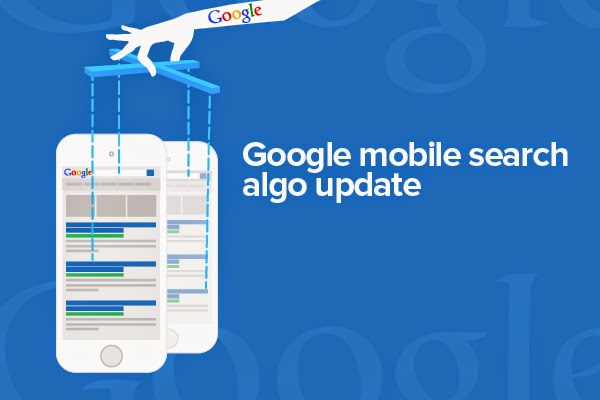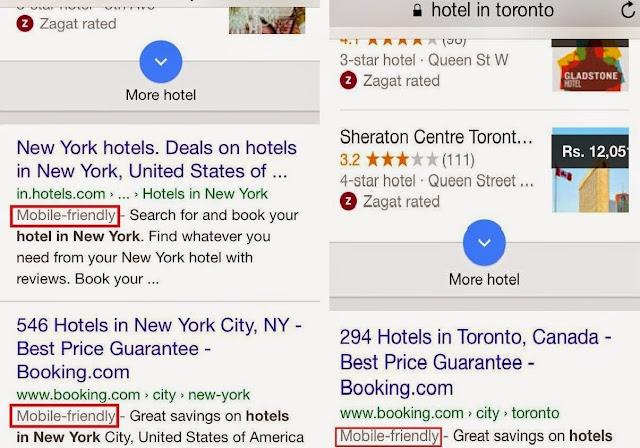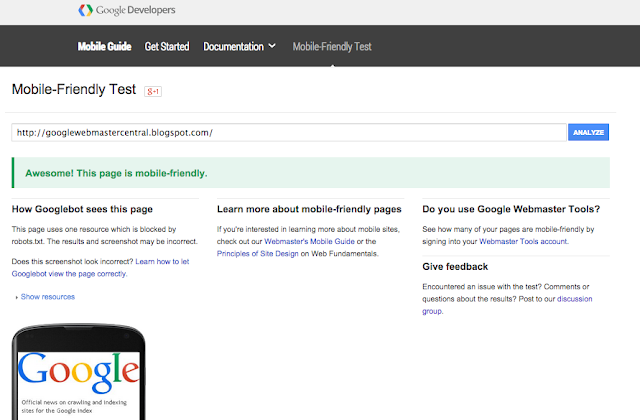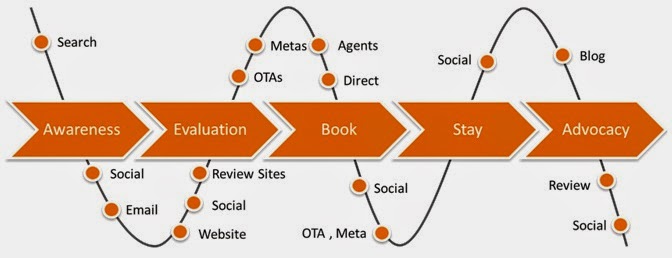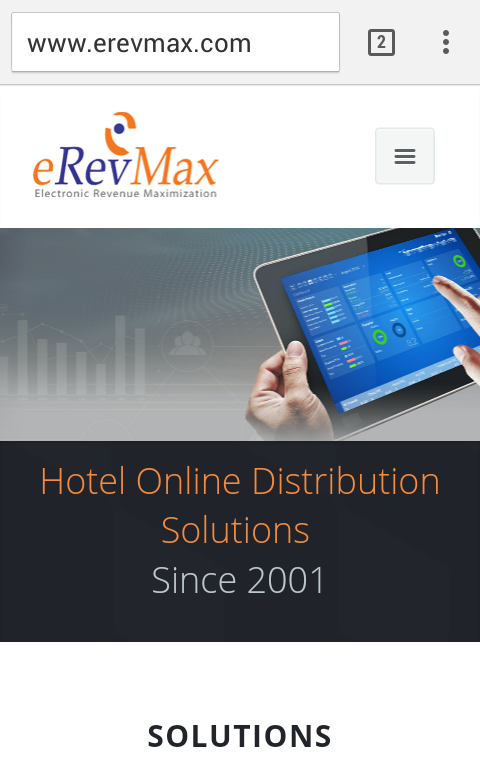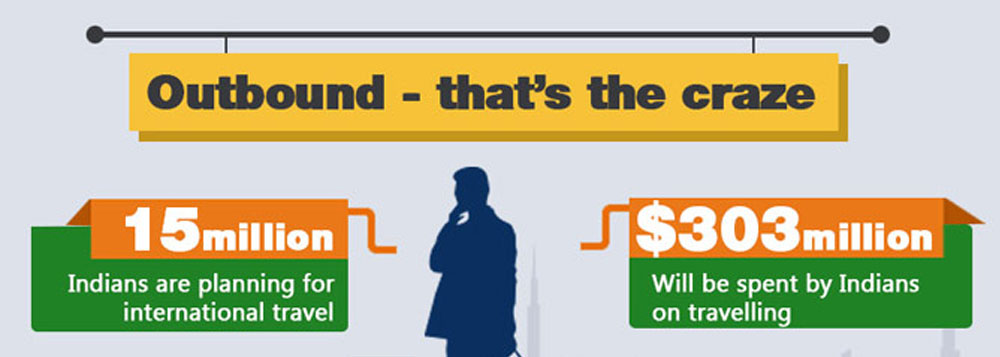It’s been two weeks since Google has launched “Mobilegeddon” their recent algorithm, and since then it has been one of the most discussed topic among the digital marketers. At a time when in every 4 in 5 searches are being done through mobile, the latest update from Google decisively tilts the advantage to mobile friendly websites, predicts the search engine experts.
To make it simple, this means if a guest is searching through his smartphone, sites which are mobile optimized, will get better placement in Google search results. The results on desktop and tablets will still remain unaffected. However, given that over 27% of US travel bookings are being made on smartphones now, this has a huge impact on hotel industry, especially the small and independent ones.
Mobile has changed the way we search, connect to brands and make travel arrangements. By the end of this year global smartphone users expected to reach 2.5 billion and if your brand is not visible to this large audience then you need to rethink the way you target and engage with your potential customers.
Today’s tech-savvy travelers use the internet to find their favorite brand while on the go. In our recent article- The Rise and Rise of Mobility: how it is Changing WorldTravel we discussed how mobile is changing the world travel and online travel is shifting from PC to mobile phone. The recent update from Google shows that the search engine giant is only responding to consumer preferences by asking businesses to give them better experience while searching on the devices they most use. It is now hoteliers turn to take right mobile strategy to avoid getting buried in the 60 trillion web pages.
Are your Website Mobile-Friendly?
Before you start thinking to optimize your website, know how the change is going to impact your daily business. With 50% of its search coming through mobile devices, Google has updated its algorithms to ensure users discover more relevant and mobile-friendly results. Our web consists of 60 trillion individual web pages, finding a relevant result in a fraction of a second is not easy.
Google has begun including mobile friendly web pages as a factor in its mobile search engine rankings. Your hotel website would fare better in search rankings if the pages are legible and usable on mobile devices Though a mobile-friendly website does not always guarantee online bookings but it could lead more direct traffic and individual page views to your hotel website increasing your brand presence in the online world.
If you don’t have mobile optimized websites, no worry, there is still time for you. Find out if your website is mobile-friendly with Google’s Mobile Friendly Test and if you don’t qualify the test then it’s time to revamp your website with responsive design, as many travellers may only visit mobile version of your hotel’s website.
Right Content for Mobile travelers
Today the first point of contact (POC) for a guest on travel search is your website; they search your brand name on Google, reads relevant content which depicts about your product and services. As use of mobile phone increasing exponentially you need to rethink the way you reach out to your travel consumers and last minute travellers. If you think only optimising mobile friendly website is going to boost your ranking in Google then probably you are on the wrong track. Ensure your website has rich content with engaging imagery for your visitor to spend more time on your brand.com site and eventually make it to the booking window.
As the shopping journey is changing constantly you have to stay one step ahead of recent trends to feed your guests with the services they are looking for. Today’s hyper-connected travelers wait for the right time to get their preferable accommodation at reasonable price. Leveraging mobile friendly websites means you are not only providing better guest experience but creating an opportunity to make relationship your potential guests.
Swapan Kumar Manna is the Sr. Executive – Marketing at eRevMax. He can be reached at swapanm@erevmax.com.

